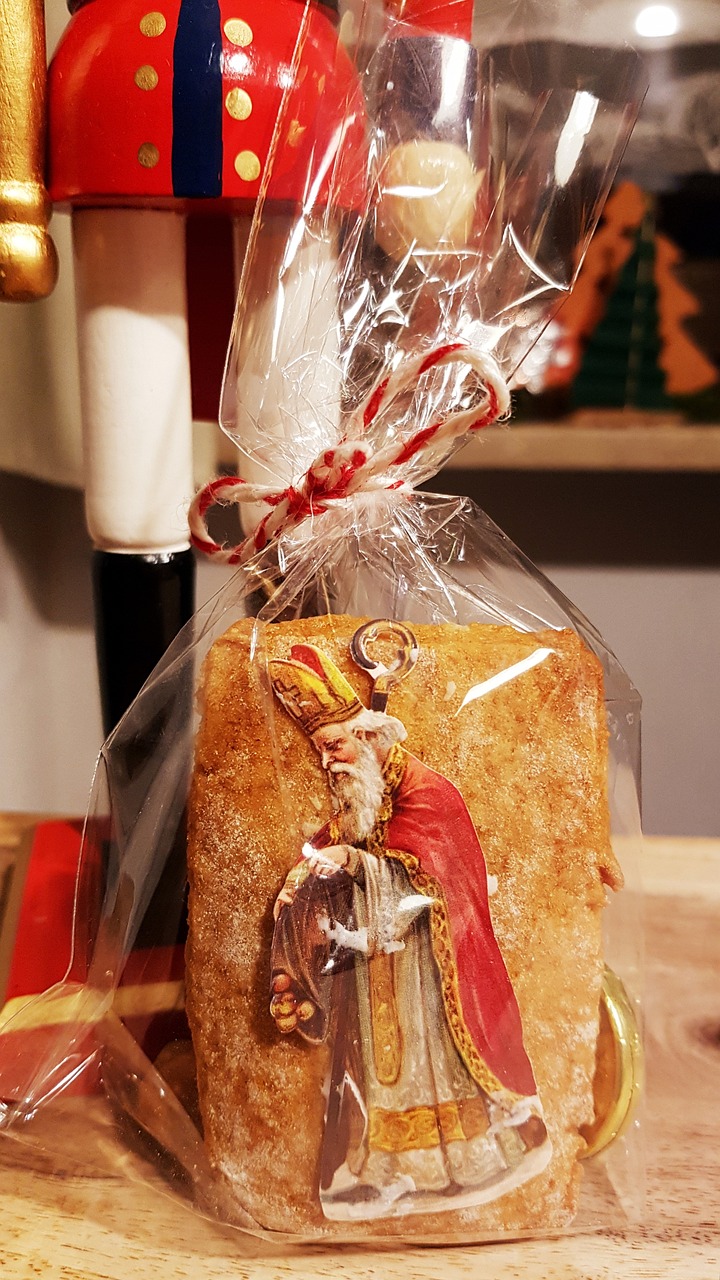San Nicola di Bari is the protector of the city of Bari, the regional capital of Puglia.
Although the patronal feast takes place from May 7 to 9, it is worth remembering this famous Christian saint also during the Christmas season.
Where was St. Nicholas of Bari born?
St. Nicholas was born in Turkey in Patara but his remains were kept in nearby Myra, where he was a bishop.
The bones of St. Nicholas remained in Myra from 337 to 1087, when some 62 sailors and merchants from Bari decided to transfer the remains to the city of Bari, handing over the relics to the city on May 9.
From that moment on, San Nicola became the symbol of the city.
Some legends
It is said that Nicola, already bishop, resurrected three children that an evil butcher had killed and put in salt to sell their flesh.
Another legend states that St. Nicholas gave a dowry to three poor girls so that they would marry instead of prostituting themselves.
Because of these episodes, St. Nicholas is considered a benefactor and protector saint, especially of children.
Santa Claus is St. Nicholas?
The true story of Santa Claus is actually largely taken from the real (and legendary) story of St. Nicholas.
Because he helped so many people, his fellow citizens loved him dearly, especially during his tenure as bishop of Myra. Here he remained for almost 40 years, and during this long period he helped many people and apparently also performed many miracles.
If you come to Italy this Christmas, do not hesitate to visit this famous “naturalized” Italian saint.

